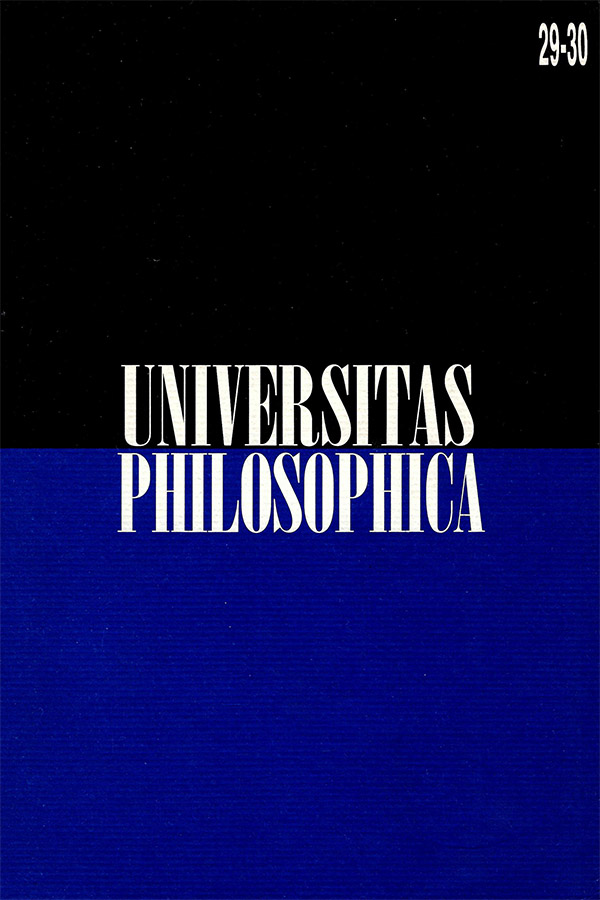Abstract
The present paper deals with Martha Nussbaum's ethical reflection and with the importance she confers to perception and intuition in practical deliberation, decision and action. The author is interested in following the links between contingency, eudaimonia and tyche woven by this ethical point of view. In allowing ethical value to the so-called irrational parts of the soul, Nussbaum points at the two problems that arise in any ethical reasoning that pretends to deal with the flourishing of the good life. On the one hand, the thrive towards safety and stability leads the human being in believing that a correct ethical reflection must be held under immutable and invulnerable laws and values. On the other, contingency shows that any intention in reaching a flourishing of human life through invulnerable laws or a priori universals is but an illusion. Nussbaum points out the inefficency of the practical reason when these aspirations are given free rein and observes that this innefficency constitutes the practical reason own contingency.
This journal is registered under a Creative Commons Attribution 4.0 International Public License. Thus, this work may be reproduced, distributed, and publicly shared in digital format, as long as the names of the authors and Pontificia Universidad Javeriana are acknowledged. Others are allowed to quote, adapt, transform, auto-archive, republish, and create based on this material, for any purpose (even commercial ones), provided the authorship is duly acknowledged, a link to the original work is provided, and it is specified if changes have been made. Pontificia Universidad Javeriana does not hold the rights of published works and the authors are solely responsible for the contents of their works; they keep the moral, intellectual, privacy, and publicity rights.
Approving the intervention of the work (review, copy-editing, translation, layout) and the following outreach, are granted through an use license and not through an assignment of rights. This means the journal and Pontificia Universidad Javeriana cannot be held responsible for any ethical malpractice by the authors. As a consequence of the protection granted by the use license, the journal is not required to publish recantations or modify information already published, unless the errata stems from the editorial management process. Publishing contents in this journal does not generate royalties for contributors.


